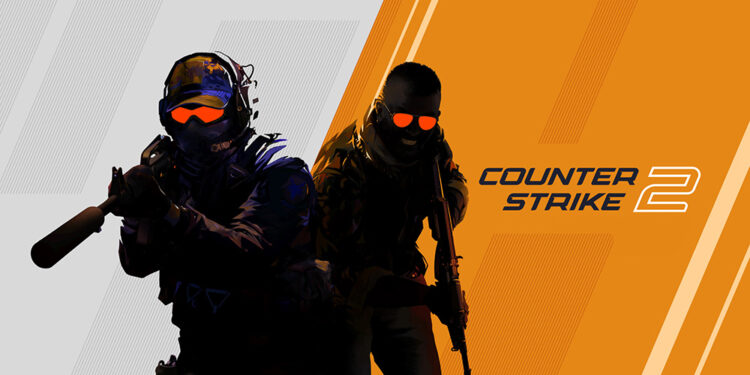Valve Software announced major changes this week to professional Counter-Strike tournaments that—in theory—should open up the ecosystem to more teams and tournament organizers around the world.
In a post on the official blog for Counter-Strike, Valve said that, in recent years, the concept of having a “level playing field” for professional teams to compete on has been lost, with the ecosystem becoming less open, and “access to the highest levels of competition increasingly gated by business relationships.”
For example, ESL FACEIT Group’s Louvre Agreement (PDF) with Counter-Strike teams related to its ESL Pro League circuit and BLAST Premier’s partnered teams are invited to major closed events throughout the year despite their performance, taking away slots from other teams who might be performing better in the CS:GO global rankings.
To rectify this this, Valve will add new requirements for running large-scale competitive events—and while the finer details are being worked out—here are some of the changes that Valve plans to implement going forward:
- Tournament organizers will no longer have unique business relationships or other conflicts of interest with teams that participate in their events.
- Invitations to all tournaments will use Valve’s ranking system, or otherwise be determined by open qualifiers.
- Any compensation for participating teams—prize pool or otherwise—will be made public and will be driven by objective criteria that can be inspected by the community.
Some changes won’t be implemented immediately, as tournament organizers have contractual obligations and commitments with teams (for example, ESL announced an extension of the Louvre Agreement into 2025 at the beginning of 2022), but Valve hopes to fully implement changes by the start of the 2025 season.
“There will be some rough edges to the transition, but we’re committed to the long-term health of Counter-Strike as a sport and are looking forward to its bright and open future,” the blog post noted.
For now, Valve will use a new model for Counter-Strike esports (detailed here) using regional rankings to determine which teams get invited to closed events. This model will be refined over time, and the community is encouraged to contribute its own moedling for consideration.
